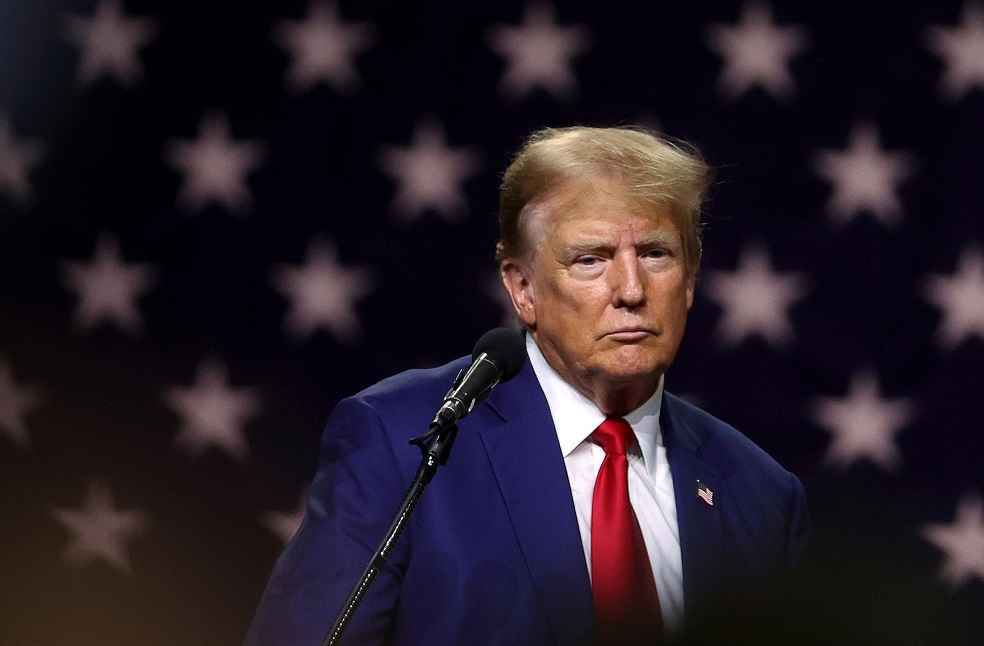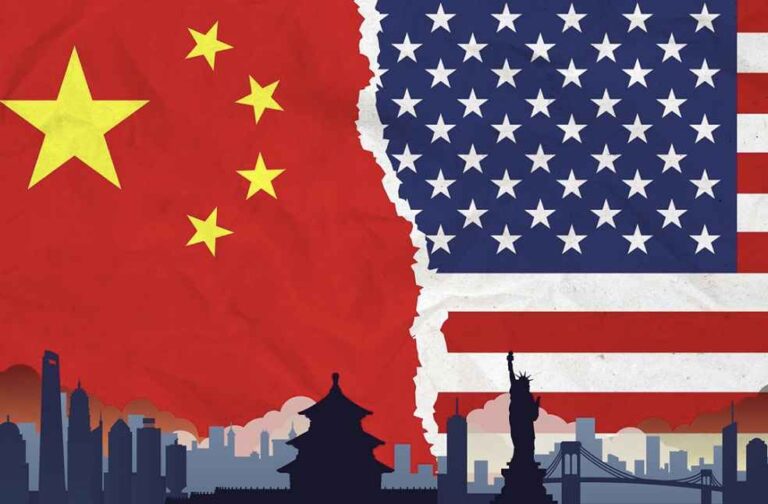Top officials from the U.S. and China have begun crucial discussions in Switzerland to ease a prolonged trade conflict that threatens to destabilise global markets and severely impact commerce between the world’s two largest economies.
According to China’s Xinhua News Agency, US Treasury Secretary Scott Bessent and Trade Representative Jamieson Greer are leading the American delegation in Geneva, where they are meeting with a high-level Chinese team headed by Vice Premier He Lifeng. Though the venue remains undisclosed, diplomats from both nations confirmed that talks are underway.
Expectations for a breakthrough remain low, but there is cautious optimism that both sides may agree to reduce the steep tariffs imposed on each other’s goods. Such a move could provide relief to global markets and businesses on both sides of the Pacific that rely heavily on US-China trade, which exceeded $660 billion last year.
Last month, President Donald Trump raised tariffs on Chinese imports to a combined 145%, prompting Beijing to respond with a 125% levy on American goods. Experts warn that these tariff levels functionally amount to a mutual trade boycott, severely disrupting economic flows.

Ahead of the talks, Trump hinted at the possibility of reducing tariffs, writing on Truth Social: “80% Tariff seems right! Up to Scott.” While this marks a softer tone, observers remain sceptical about immediate progress.
“This is the first time Bessent and He are meeting, so expectations should be tempered,” said Sun Yun, director of the China program at the Stimson Center. She emphasized the importance of tangible steps: “Even a small reduction would send a positive signal. It cannot just be words.”
Trump has used tariffs extensively since returning to office in January, applying a 10% tax on imports from nearly all trading partners. However, his trade war with China remains the most intense. It includes a 20% tariff linked to Beijing’s failure to stem the flow of fentanyl into the US and an additional 125% in connection with longstanding issues over China’s tech policies.
During Trump’s first term, Washington accused Beijing of engaging in unfair practices to dominate advanced industries, ranging from forced technology transfers to subsidies and intellectual property theft. These issues led to a Phase One deal in January 2020, where China pledged to buy more US goods in exchange for a pause in tariff hikes. However, Beijing fell short of its commitments, partly due to the COVID-19 pandemic.
The renewed talks also reflect Washington’s continuing frustration with its $263 billion trade deficit with China in 2024.

While in Switzerland, Bessent and Greer are also scheduled to meet with Swiss President Karin Keller-Sutter. The meeting comes as the US temporarily reduced tariffs on Swiss imports from a planned 31% to 10%. This reduction is seen as tentative, with the possibility of hikes still on the table.
The Swiss government, taking a measured stance, has expressed concern about the economic impact of retaliatory actions. It warned that higher import costs could hurt vital industries such as watches, coffee capsules, cheese, and chocolate. Though Switzerland has no current plans for countermeasures, it acknowledged that additional US tariffs, set to increase to 3% on Wednesday, could weigh on the economy.
The United States is Switzerland’s second-largest trading partner after the European Union. Trade between the two countries has quadrupled over the past 20 years. As of January last year, Switzerland eliminated all industrial tariffs, allowing 99% of US goods to enter duty-free.
TRADE WORLD | U.S.-U.K. Trade Agreement Slashes Tariffs on British Goods



